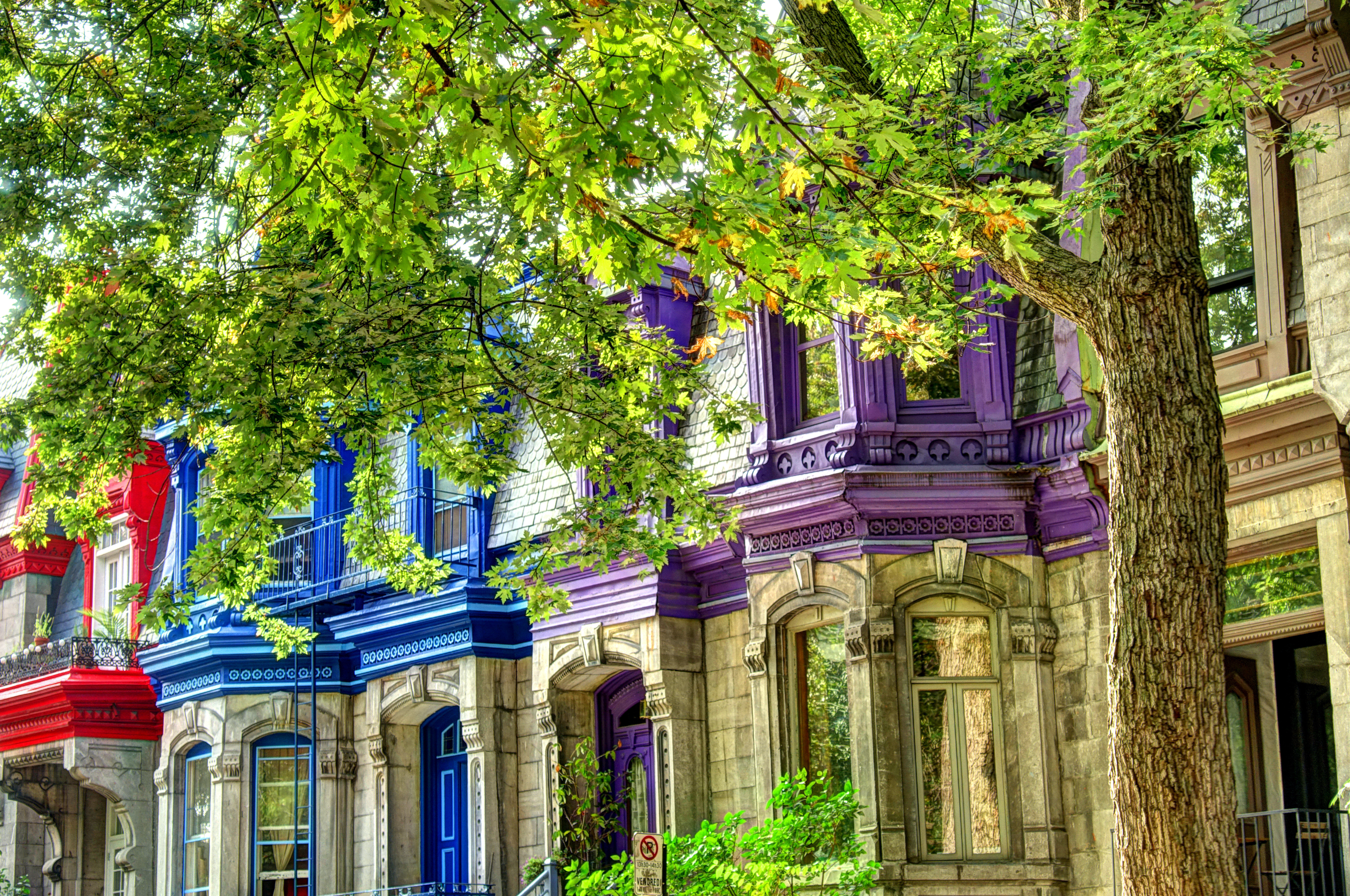Montreal: All About the Increased Residential Property Taxes
In 2022, the new property assessment roll for the City of Montreal increased overall by 32.4 per cent compared to the last assessment in 2019 when property values increased by only a third of that amount (13.7 per cent). Here are some explanations and impacts of this consequence of the overheated Montreal real estate market.

Unpacking the assessment
The municipal assessment
roll is, in essence, a summary of the inventory of all
property located within the municipality’s territory. All properties are
assessed on the same basis and on the same date. This exercise is done every three years. The property value is the sum of the
assessed value of both the land and buildings. If the property value is the
most likely price that a potential buyer would pay, the market value, on the
other hand, is the price a buyer is willing to pay for your home based on
supply and demand.
Impact on property taxes for Montrealers
The new property values are used as the property tax
base for the 2023, 2024 and 2025 fiscal years. This year, Montrealers will
see their tax bill increase, on average by 4.1 per cent. This is the biggest jump since
2011 when we saw a 4.3 per cent increase. As residential taxes had already
increased by 2 per cent, Montrealers are once again having to manage the ups
and downs of the real estate market.
Property value increases vary by borough
Since the overall value of homes in Montreal has increased, this has necessarily had a direct impact on the city’s new property assessment roll. On the Island of Montreal, the value of single-family homes has increased on average by 38.6 per cent compared to 30.7 per cent for condominiums and 35.5 per cent for income properties with two to five units. However, the increase in property taxes is not the same from one borough to another, primarily due to the fact that some neighbourhoods and properties have had greater increases in value in recent years. The largest increases are in the following neighbourhoods: Mercier Hochelaga-Maisonneuve (5.7 per cent), Côte-Des-Neiges—Notre-Dame-De-Grâce (5.4 per cent), Pierrefonds-Roxboro (5.4 per cent), Anjou (5 per cent), Rivière-des-Prairies–Pointe-aux-Trembles (4.6 per cent) and Villeray—Saint-Michel—Parc-Extension (4.5 per cent). A less substantial increase (1.7 per cent) is expected for the borough of Ville-Marie.
In conclusion, this increase in Montreal residential property taxes will most certainly have an impact on various facets of the real estate world. Municipal taxes continue to greatly influence the choices of buyers during the homebuying process.
See also:
Montreal Real Estate Market: Buying and Selling Intentions
 The Largest Number of Homes for Sale
The Largest Number of Homes for Sale




